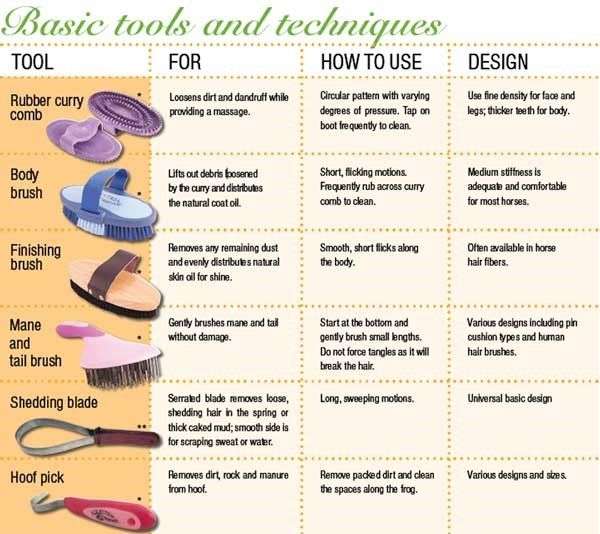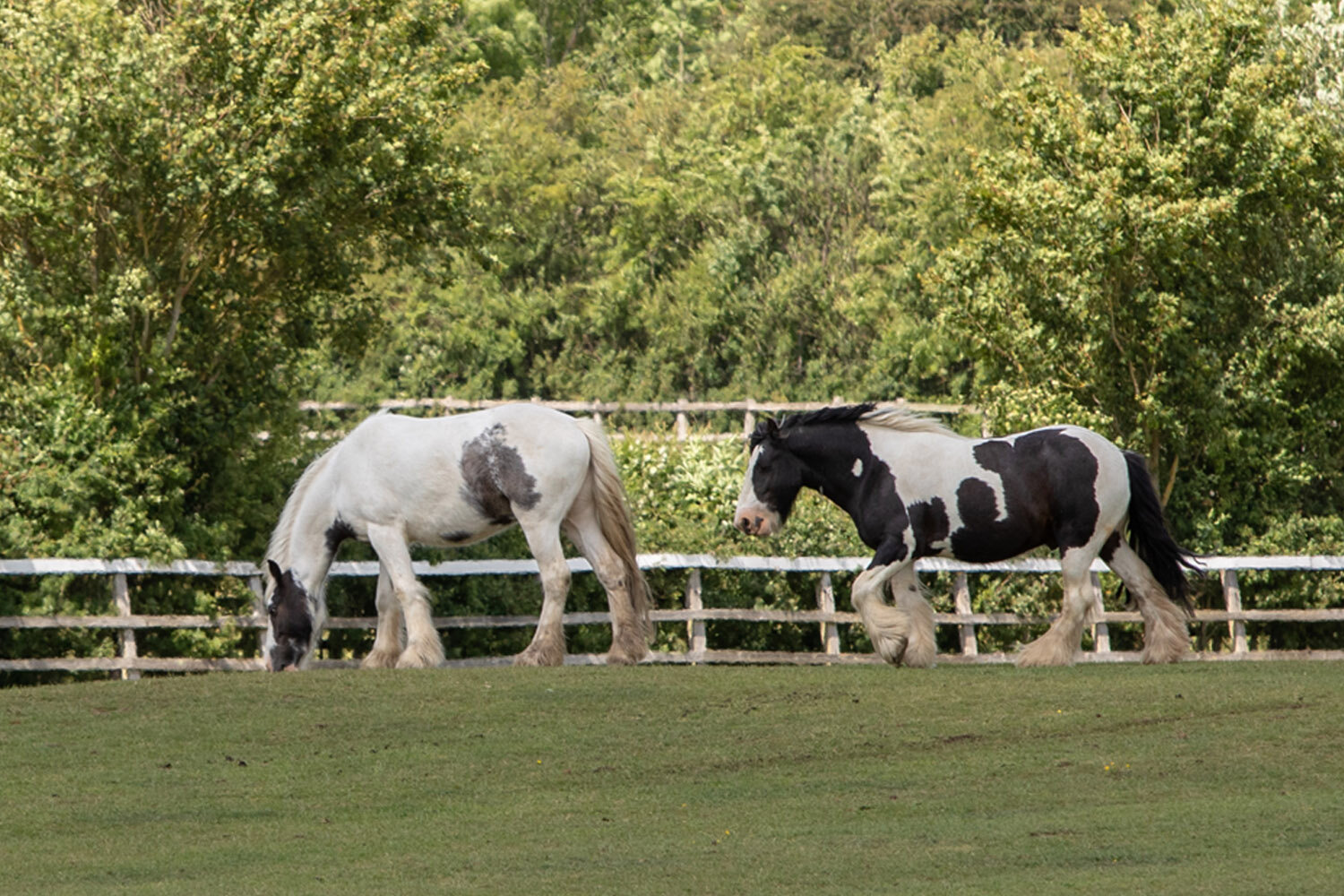Horse Care and Management Guides

Caring for horses requires knowledge, dedication, and a structured approach to ensure their health, happiness, and performance. This guide covers essential aspects of horse care and management, providing practical tips and expert advice.
Table of Contents
- Introduction to Horse Care
- Daily Care Routine
- Nutrition and Feeding
- Grooming and Hygiene
- Health and Veterinary Care
- Housing and Environment
- Training and Exercise
- Common Issues and Solutions
- Frequently Asked Questions (FAQ)
1. Introduction to Horse Care
Understanding the basics of horse care is crucial for both new and experienced owners. Horses are sensitive animals that require consistent attention to their physical and emotional needs.
2. Daily Care Routine
A structured daily routine helps maintain a horse’s well-being. This includes:
- Checking for injuries or signs of illness
- Feeding according to dietary needs
- Providing fresh water
- Cleaning stalls or paddocks
- Regular exercise
3. Nutrition and Feeding
Proper nutrition is vital for a horse’s health. Horses need a balanced diet consisting of:
| Nutrient | Source | Purpose |
|---|---|---|
| Forage (Hay/Grass) | Pasture, Hay | Provides fiber for digestion |
| Grains | Oats, Barley, Corn | Energy source |
| Vitamins & Minerals | Supplements | Supports overall health |
Feeding tips:
- Feed small, frequent meals
- Avoid sudden diet changes
- Ensure constant access to clean water
4. Grooming and Hygiene
Regular grooming promotes health and bonding:
- Brushing to remove dirt and loose hair
- Cleaning hooves daily to prevent infections
- Bathing occasionally, depending on activity and weather
5. Health and Veterinary Care
Routine health care includes:
- Vaccinations and deworming schedules
- Regular dental check-ups
- Monitoring for signs of illness or injury
- Emergency care preparedness
6. Housing and Environment
A safe and comfortable environment is essential:
- Clean, dry stalls with adequate bedding
- Secure fencing
- Shelter from extreme weather
- Access to pasture for grazing and exercise
7. Training and Exercise
Consistent training improves behavior and fitness:
- Tailored exercise programs
- Positive reinforcement techniques
- Gradual progression to avoid injury
8. Common Issues and Solutions
| Issue | Symptoms | Solutions |
|---|---|---|
| Colic | Abdominal pain, restlessness | Immediate vet care, hydration |
| Laminitis | Lameness, heat in hooves | Veterinary treatment, diet adjustment |
| Skin Conditions | Itching, hair loss | Proper grooming, medicated treatments |
9. Frequently Asked Questions (FAQ)
Q: How often should I feed my horse?
A: Ideally, horses should be fed small meals multiple times a day to mimic natural grazing.
Q: What vaccinations does my horse need?
A: Common vaccinations include tetanus, influenza, and West Nile virus; consult your vet for a tailored schedule.
Q: How can I tell if my horse is sick?
A: Look for changes in appetite, behavior, or physical signs like coughing, nasal discharge, or lameness.
This comprehensive guide aims to equip horse owners with the knowledge to provide excellent care and management, ensuring their horses lead healthy and fulfilling lives.
